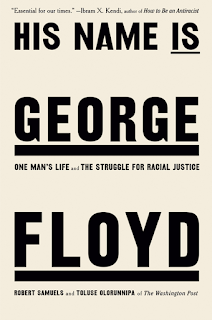Cancer death rates have steadily declined among Black people but remain higher than in other racial and ethnic groups, a new U.S. government study shows.
Cancer deaths have been dropping for all Americans for the past two decades because of lower smoking rates and advances in early detection and treatment.
The rates among Black people fell 2% each year from 1999 to 2019, from 359 cancer deaths per 100,000 to 239 deaths per 100,000, according to the report published online in JAMA Oncology.
In 2019, the highest cancer death rates were in Black men — 294 deaths per 100,000 — almost double the lowest rate in Asian Americans and Pacific Islanders. The rate for white men was 249 deaths per 100,000. For Hispanic men, it was 177 deaths per 100,000 and 255 deaths per 100,000 among Native American men.
An earlier report from the American Cancer Society found the racial gap was narrowing, mostly because of a bigger decline in cigarette smoking among Black people.
In the new study, based on an analysis of death certificates, deaths from most cancers dropped in Black men and women. The biggest declines were in lung cancer among Black men and stomach cancer in Black women. Both are linked with declines in smoking, which contributes to many other cancers.
The persistently higher death rate among Black Americans remains a concern, and likely reflects social and economic disparities including poverty, less access to care and mistrust of doctors, said National Cancer Institute researcher Wayne Lawrence, who led the study.
“It’s showing that we can’t simply rely on medical care as a way to address and eliminate the disparities,’’ said Carla Williams, a Howard University expert in cancer-related health disparities, who had no role in the research.
Cancer prevention expert Dr. Otis Brawley of Johns Hopkins University noted that other data show Black Americans get worse cancer care than white people. That’s in part because they’re more likely to be treated at hospitals with overworked doctors and fewer resources, and less likely to have a college degree, he said.




